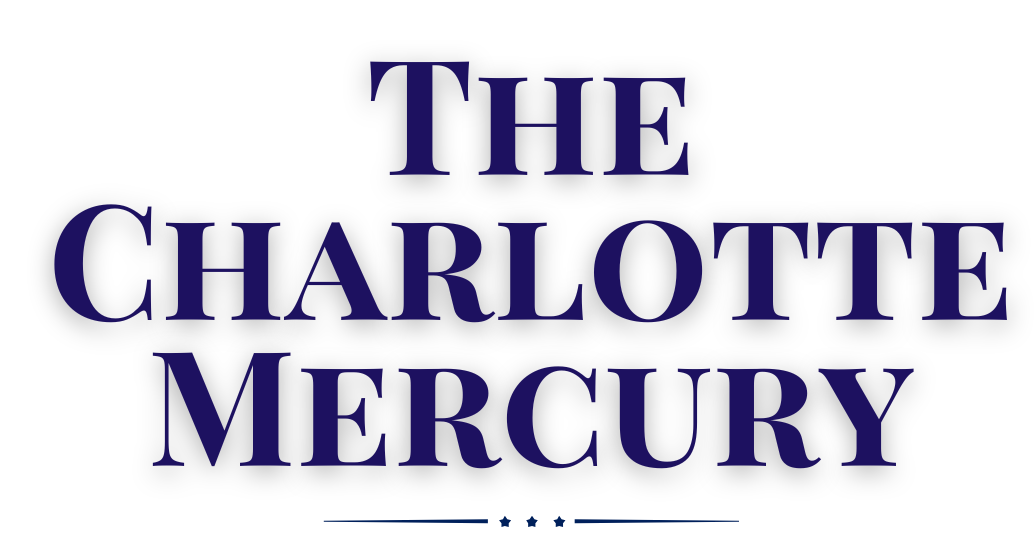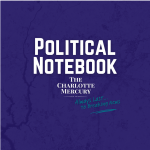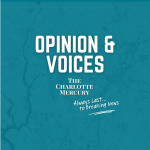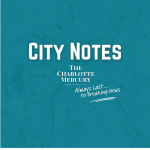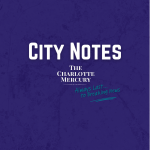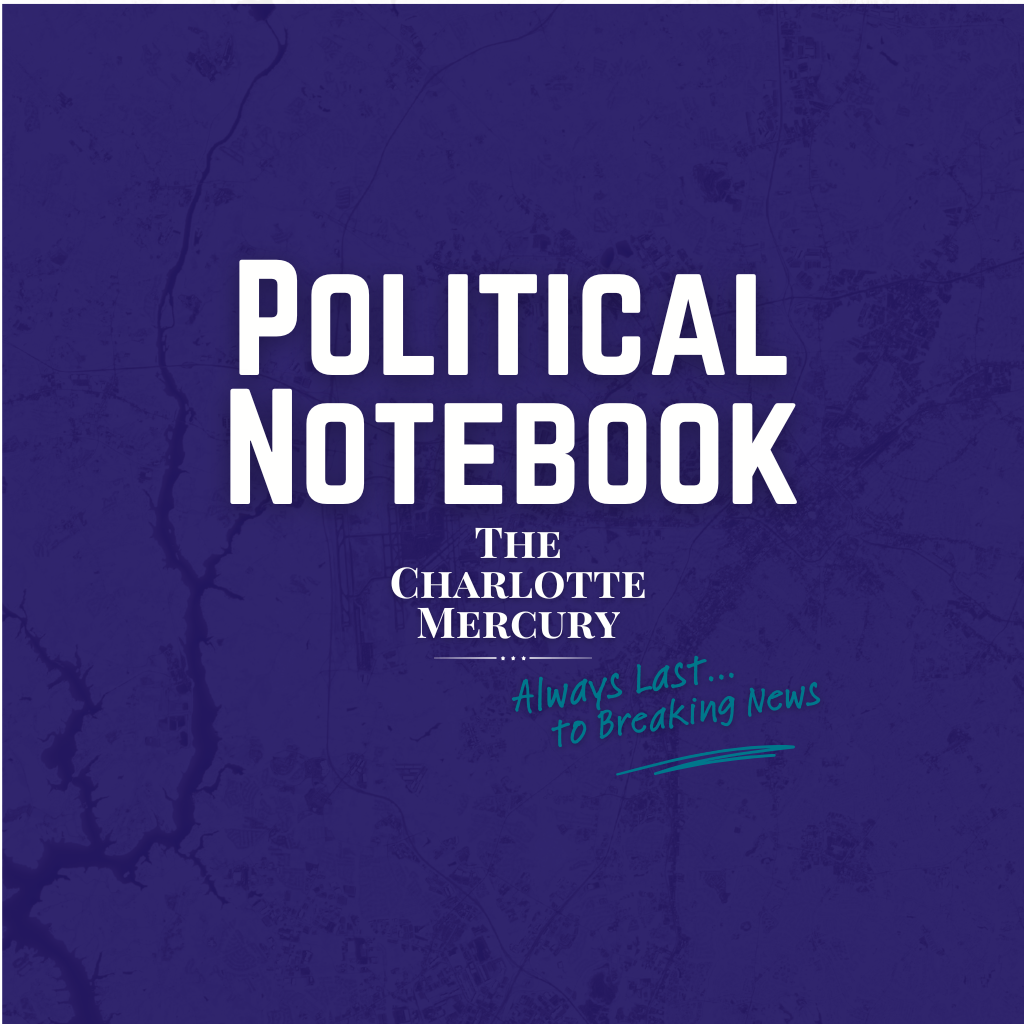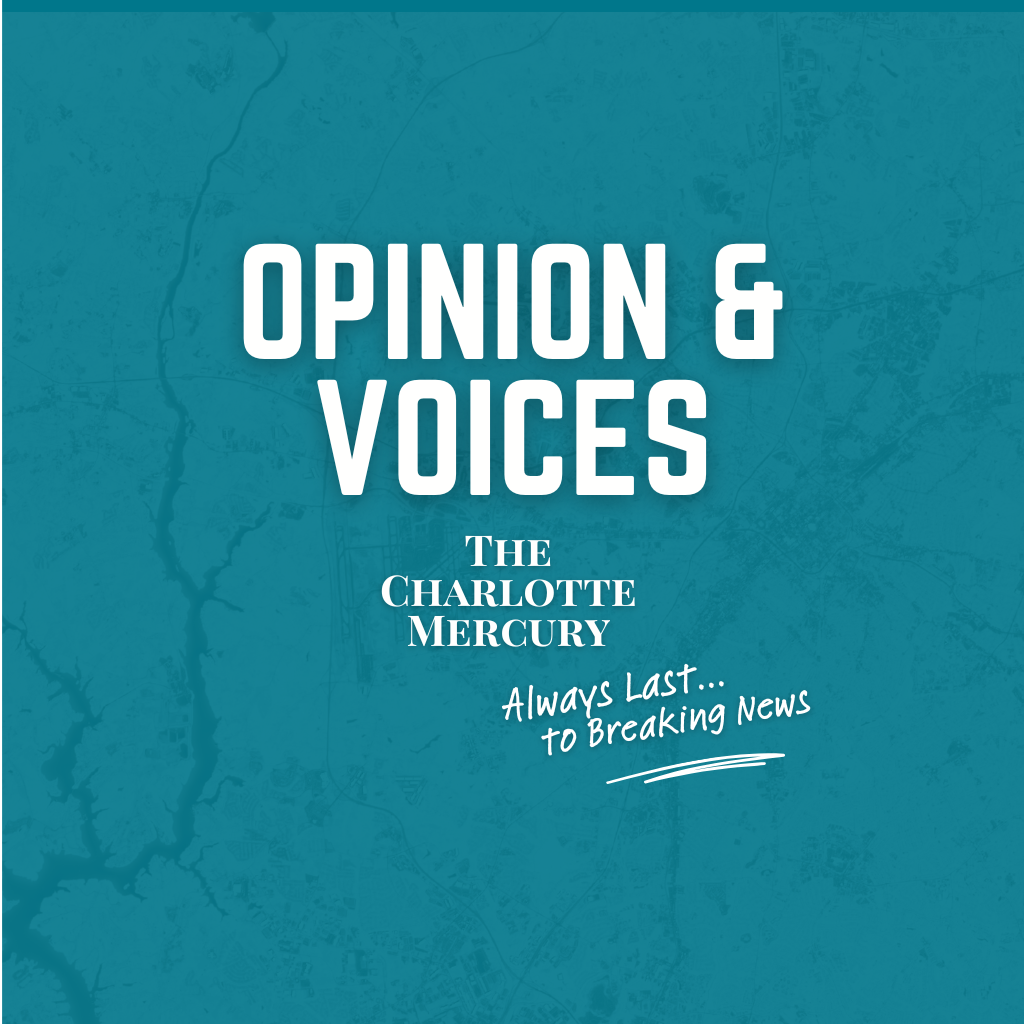The rise in diagnoses isn’t a crisis. It’s progress. Science knows this. RFK and Trump don’t.
March 20, 2025
By Jack Beckett | Senior Writer, The Charlotte Mercury
📍 cltmercury.com
Another election cycle, another vaccine conspiracy. This time, it’s autism.
Robert F. Kennedy Jr. and Donald Trump are reviving a decades-old lie: that vaccines are fueling an autism “epidemic.” Trump’s latest executive order directs the CDC to investigate the so-called crisis, and Kennedy—now installed at the agency—is eager to play along.
But there’s no crisis. Just overdue recognition of something that was always there.
In a New York Times opinion piece, Holden Thorp, editor-in-chief of Science and a recently diagnosed autistic adult, lays it out clearly: the rise in autism diagnoses isn’t the result of a sudden explosion of cases. It’s the product of expanded diagnostic criteria, better screening, and greater awareness.
If anything, the real tragedy isn’t that autism is being diagnosed more—it’s how long we ignored it.
More Diagnoses, Not More Autism
In the 1980s, autism was diagnosed in about 4 in 10,000 children. Today, it’s 1 in 36. If you only look at those numbers, it sounds like a crisis. But in reality, most of that increase is due to a broader definition of autism, better tools to identify it, and the fact that clinicians have finally started recognizing it in women, adults, and people without intellectual disabilities.
Thorp wasn’t diagnosed until he was 53. Growing up, he was the kid who got lost in his own head, fixated on science, and struggled with social cues. In the 1960s, no one thought to screen him. Today, a child with the same traits might be evaluated early, given support, and diagnosed under the expanded umbrella of autism spectrum disorder.
It’s not that autism suddenly appeared. We just stopped pretending it wasn’t there.
RFK’s Favorite Myth Won’t Die—But It Should
Kennedy’s long-running obsession with linking autism to vaccines has been disproven so many times it’s almost boring to debunk. Large-scale studies in multiple countries, including a 2009 analysis in South Korea, have found no connection between vaccines and autism. One South Korean study even screened 50,000 children and found that 2.6% met autism criteria—almost exactly the rate we see in the U.S. today. And that’s in a country where vaccine schedules differ.
So much for the “vaccine-induced epidemic” theory.
Meanwhile, actual science points to genetics. Twin studies show that autism is roughly 80% heritable. Environmental factors? Maybe. Air pollution is being studied as a possible contributor, but even that research is early. What’s not on the list? Vaccines.
Yet here we are, with a presidential candidate and the head of the CDC trying to rewrite settled science.
The Real Harm of Fake Questions
Some might ask: What’s the harm in re-investigating?
Here’s the harm: When time, money, and public attention are wasted chasing disproven theories, real needs go unmet. Autism funding should go toward early interventions, education support, and resources for families—not into satisfying conspiracy theorists.
But it’s not just a money problem. This kind of misinformation actively harms people. It:
- Fuels vaccine hesitancy, bringing back deadly diseases like measles (which is already resurging in Texas).
- Delays diagnoses, keeping kids from getting the help they need.
- Stigmatizes autism, making it harder for autistic people to be accepted for who they are.
Autistic people don’t need to be “fixed” or “cured.” They need support, understanding, and policies that acknowledge their needs—not politicians pushing junk science for votes.
Autism Isn’t the Problem—Denial Is
Thorp’s essay makes an important point: his diagnosis didn’t mean something was “wrong” with him. It simply gave him a framework for understanding himself and a way to explain his experiences to others.
Autism isn’t an epidemic. It’s just newly recognized. And while science moves forward, RFK and Trump are busy running backward.
📣 This article is brought to you by Glory Days Apparel
Charlotte’s premier nostalgia brand, making wearable conversation pieces that tap into Queen City history, culture, and pride.
From retro Hornets gear to T-shirts celebrating that one epic night at the old Coliseum, Glory Days is for locals who remember when.
🛍️ Visit them at 2202 Hawkins Street, Charlotte, NC or shop online now: GloryDaysApparel.com.
📧 Contact: hello@glorydaysapparel.com | 📞 (704) 765-2003
📸 Follow on social: Instagram | Twitter
☕ Jack Beckett: Powered by Summit Coffee and a borderline dangerous caffeine addiction
Jack Beckett is The Charlotte Mercury’s senior writer, covering politics, zoning fights, and all things “Who thought that was a good idea?”. If he’s not writing, he’s probably at Summit Coffee, ensuring his body is 60% espresso.
☕ Need a coffee fix? Check out Summit’s cafés or grab a bag of their signature Basecamp Blend. Because bad coffee is a bigger crisis than RFK’s vaccine theories.
📢 Stay in the Know
💬 Got a tip? Tell us on X (Twitter, Twix, whatever).
📰 Read more from The Mercury:
📰 We report. You think. Then we all drink coffee. ☕
Brought to you by Summit Coffee, who’ve spent 25 years creating “Moments of Joy”—and singlehandedly keeping this newsroom upright.
See you in the comments—or in the coffee line.
— Jack “Cold Brew or Bust” Beckett
The Mercury ☕
